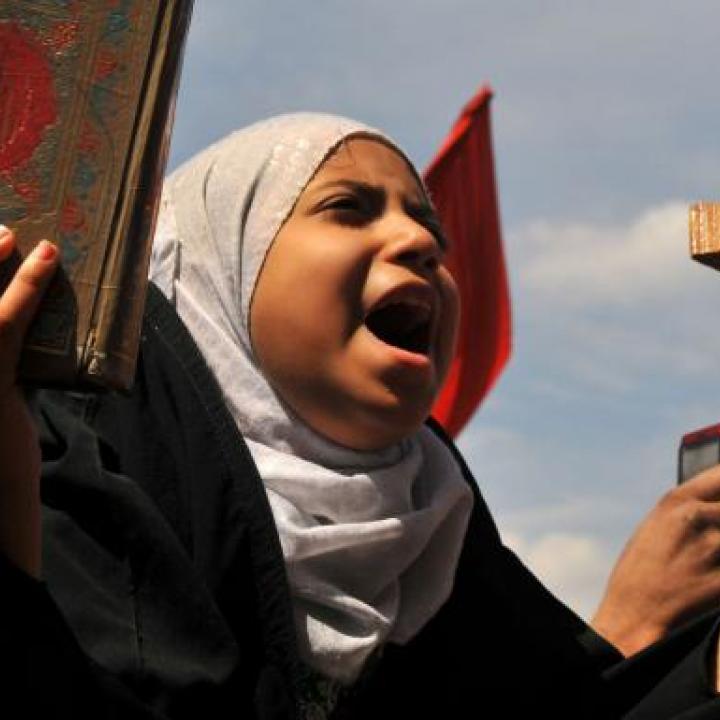

Despite the large number of high-profile Arab officials who marched in France’s unity rally to condemn the recent terrorist attacks in Paris, their participation was in fact more about politics than supporting freedom of expression. Many of these countries are themselves cracking down on citizens and placing severe limits on free speech.
While the Kingdom of Saudi Arabia did send its ambassador to the rally, Saudi authorities have launched a campaign of arrests and issued false charges against political activists and liberals. The most recent victim was Raif Badawi, who was sentenced to ten years in prison and 1,000 lashes for insulting Islam after he created a forum that promotes dialogue on religious and political affairs. Despite wide-ranging international condemnation of the sentence, Saudi authorities carried out the punishment. Amnesty International described the first round of lashing as “a vicious act of cruelty prohibited under international law,” yet the ruling regime – now led by King Salman – has refused to yield to international pressure on security grounds, despite delaying the punishment due to medical reasons.
The United Arab Emirates, which was represented in Paris by its foreign minister, does not allow anyone to express dissenting political views. The country recently passed a law allowing for the imprisonment of anyone who uses the Internet to mock or attack the reputation, dignity, or standing of the state or its institutions. Similarly, anyone who dares to insult the ruling Al Nahyan family or Islam can be sentenced to jail.
Egypt also sent Sameh Shoukry, the foreign minister, to the rally to express its strong stance against terrorism. Around the same time, President Abdul Fattah al-Sisi gave a speech calling for revamping religious speech in order to fight extremism. Yet days later, Sisi issued a harsh decree empowering Prime Minister Ibrahim Mahlab to ban the reprinting and distribution of any publications deemed offensive to religion in Egypt. Meanwhile, a court in the northern governorate of Beheira sentenced student Karim al-Banna to three years in prison for proclaiming himself an atheist on Facebook, and last June, a Christian was sentenced to six years in prison for insulting Islam. Even Al-Azhar, a mainstay of Sunni Islam, condemned the attack in Paris, though it has issued decrees in the recent past banning movies that contravene its understanding of sharia, most recently Exodus.
Angry protests broke out across the Arab world in response to the cartoons depicting the Prophet Muhammed, yet none of the participants condemned the attack against Charlie Hebdo, and too few dared to condemn repression in their own countries. Al Jazeera reposted an perceptive comment made by a French reader of the newspaper Le Monde, stating: “If it is true that those who executed the attack shouted Allahu Akbar then we expect all Muslims to shout the same in the streets condemning the crime. The reaction of Muslim countries was disappointing. We only see marches being organized to show solidarity with Gaza during Israeli attacks from time to time or when cartoons are published mocking Islam." Although such protests are legitimate, calling for internal change in the Arab world should be more of a priority.
French philosopher Voltaire once said, “I may disagree with what you say but I will fight to the death for your right to say it.” Even though I do not agree with Charlie Hebdo’s policy of blatantly insulting religion, I would still defend the magazine’s right to express its opinion at any cost – as long as it is not threatening and does not incite violence. In order to win the battle of ideas, we must unequivocally condemn the murder and bloodshed that took place in Paris.


